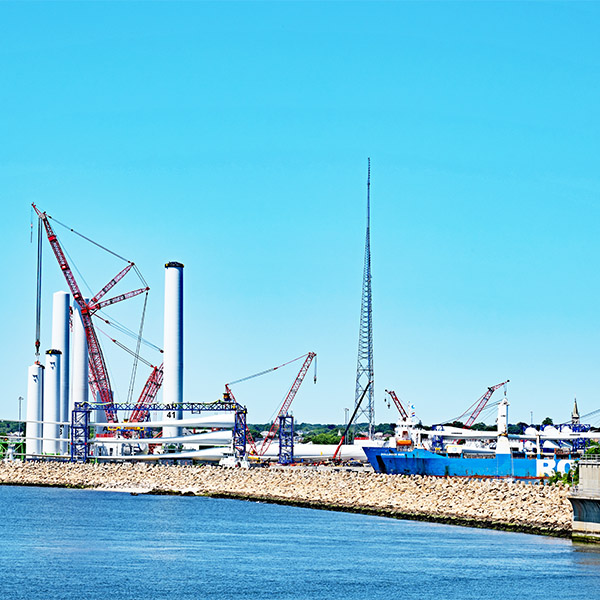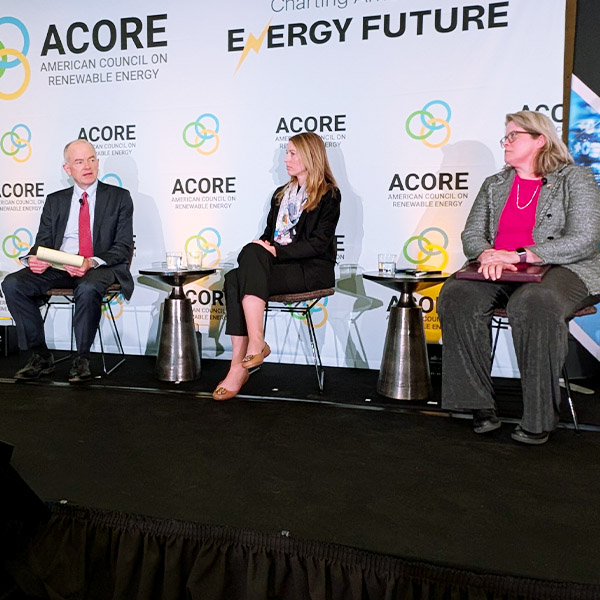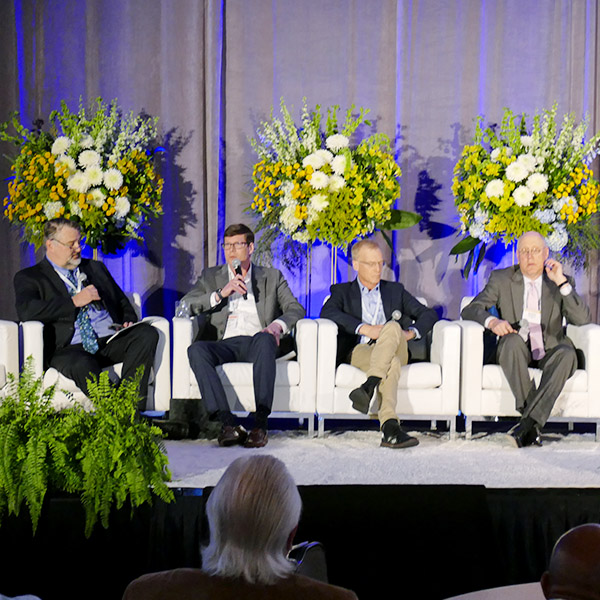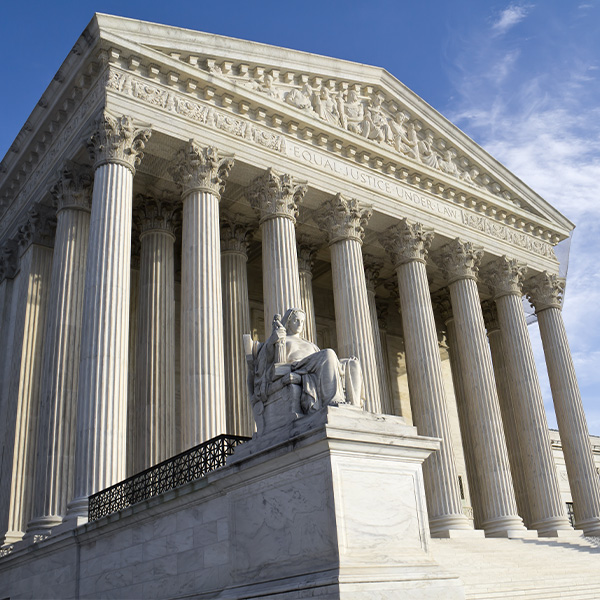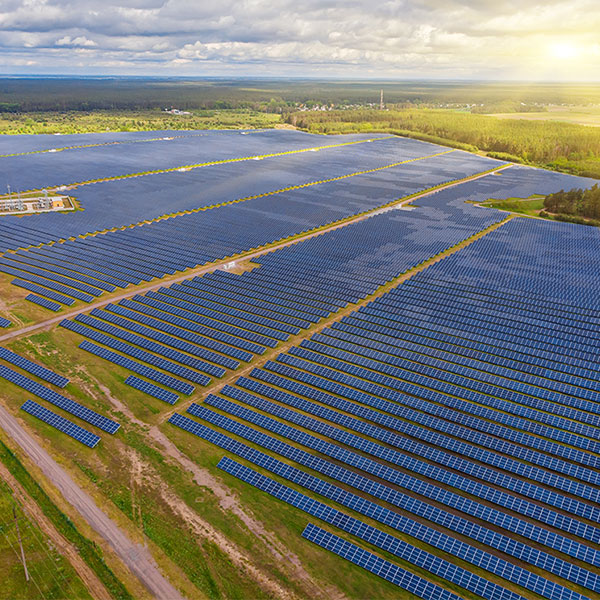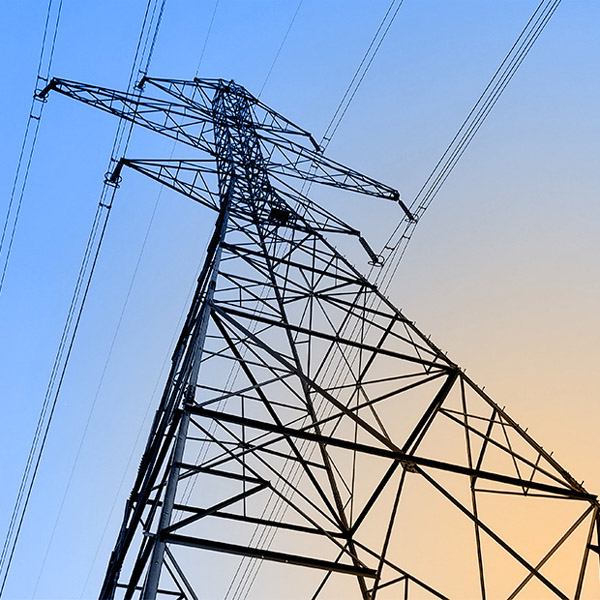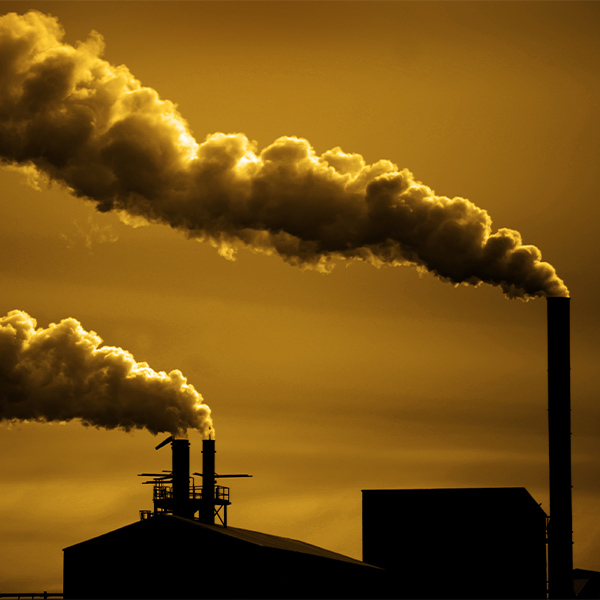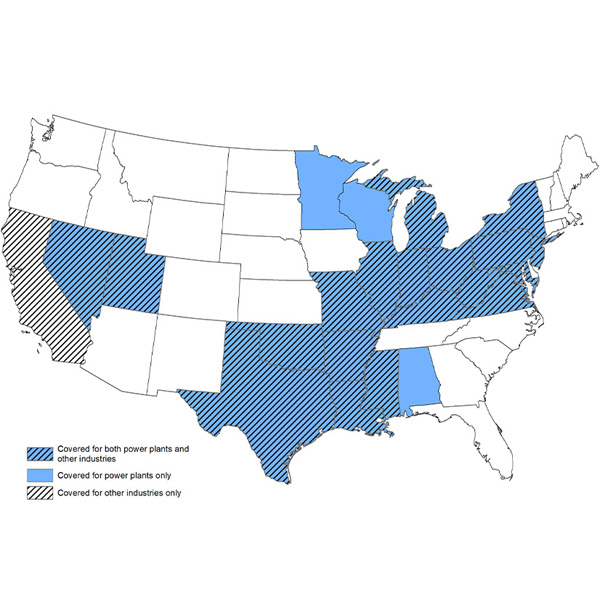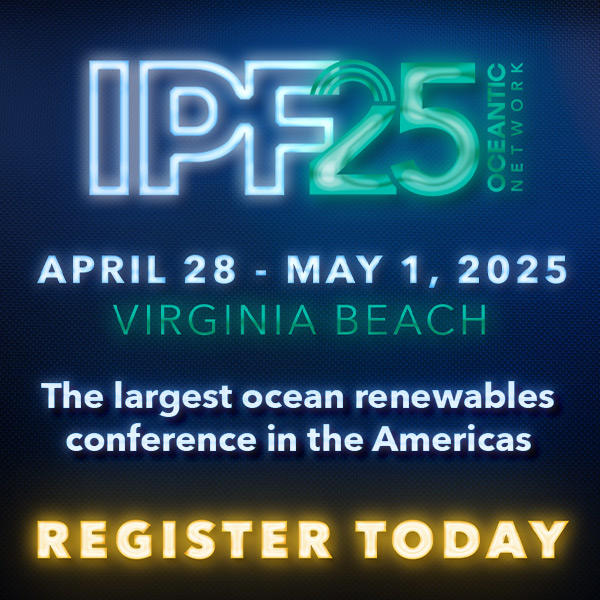Supreme Court of the United States (SCOTUS)
Commercial fishing advocates are asking the nation’s highest court to rule that federal regulators improperly authorized construction of Vineyard Wind 1 off the Massachusetts coast.
Legal experts are trying to untangle the legalities of executive orders and actions in the six weeks since President Donald Trump was inaugurated, along with the impact of major court decisions like Loper Bright.
The end of Chevron deference has FERC's legal team looking for a case to determine how much authority courts will provide the agency, especially around interpreting the contracts and tariffs that fall under its jurisdiction.
The Supreme Court turned down industry and state efforts to slap a stay on the EPA's new rules aimed at cutting carbon emissions at U.S. power plants burning fossil fuels.
FERC is getting an early taste of life without Chevron deference after the Supreme Court remanded a case involving the Public Utility Regulatory Policies Act back to an appeals court.
The Supreme Court’s decision in Loper Bright Enterprises v. Raimondo is already making waves in the rehearing process on FERC Order 1920.
The U.S. Supreme Court overturned the doctrine of Chevron deference to federal agencies in interpreting statutes when issuing rules, ending 40 years of legal precedent.
In a 5-4 decision, the U.S. Supreme Court issued an emergency pause on the implementation of the EPA’s “Good Neighbor Plan,” which is aimed at reducing ozone pollution, a key component of smog.
With the Supreme Court likely to overturn Chevron deference, the general counsels of FERC and the Department of Energy told the Energy Bar Association they doubt it would lead to massive issues with their agencies.
The U.S. Supreme Court’s conservative majority appeared inclined to pause the Biden administration’s Good Neighbor Plan, an EPA rule to limit ozone-forming nitrogen oxide emissions from power plants and industrial facilities in certain states.
Want more? Advanced Search
